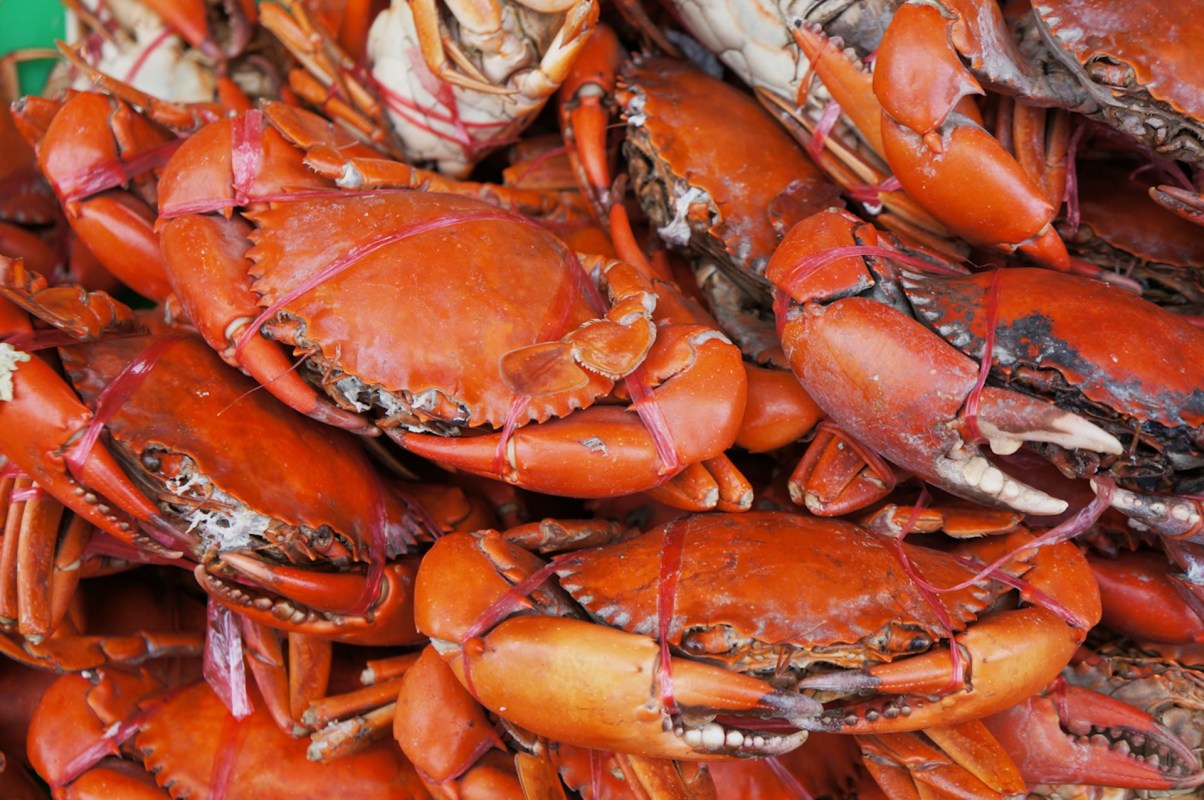A game-changing discovery involving seafood waste could lead to a healthier world.
As detailed by Anthropocene, researchers found a way to extract an organic polymer known as chitin from crustacean shells without harsh chemicals. They believe their cost-efficient method could result in valuable plastic-free products such as biodegradable packaging.
"We are hoping that we can turn this trash into a treasure — or at least into value-added products," Yangchao Luo, one of the researchers, said in a release by the University of Connecticut. The findings were published in the International Journal of Biological Macromolecules.
Chitin is one of the most plentiful organic polymers on the planet, per UConn's release, with approximately 100 billion tons being produced every year. That is one of the reasons why scientists have been eyeing it as an alternative to plastic, among other things.
As UConn researchers pointed out, though, traditional methods of harvesting chitin require a lot of water, heat, and polluting chemicals. Because of this, the United States doesn't have any facilities that perform the procedure.
To solve this issue, the team experimented with different types of acids found naturally in foods. Combining lactic acid with glycerol and choline chloride helped break down chemical bonds to access the chitin in a much more sustainable manner.
Repurposing the shells would provide multiple benefits. For one, around seven to nine million tons of lobster, shrimp, and crab shells need to be disposed of every year. Typically, they get dumped into the oceans or sent to landfills, and both of those methods come with problems.
The shells themselves are packed with nutrients, and as they break down, those are then released into the ecosystem. In the water, that can lead to "dead zones" where marine animals and plants are unable to survive, according to Luo. On land, the shells release methane, contributing to the excess of heat-trapping gases overheating our planet.
Most plastics are made from dirty energy, like motor oil and gasoline, the primary driver of a changing climate that has caused an uptick in extreme weather events and even led to disruptions in the seafood supply chain itself.
Plastic pollution has been linked to long-term health concerns, and nearly 40% of plastic is manufactured for packaging purposes, per the UN Environment Programme.
According to UConn's release, Luo's team has received a provisional patent with the university's Technology Commercialization Service, and the group now plans to simplify its processes and investigate whether chitin could be used as a fertilizer for crops.
Join our free newsletter for weekly updates on the coolest innovations improving our lives and saving our planet.









